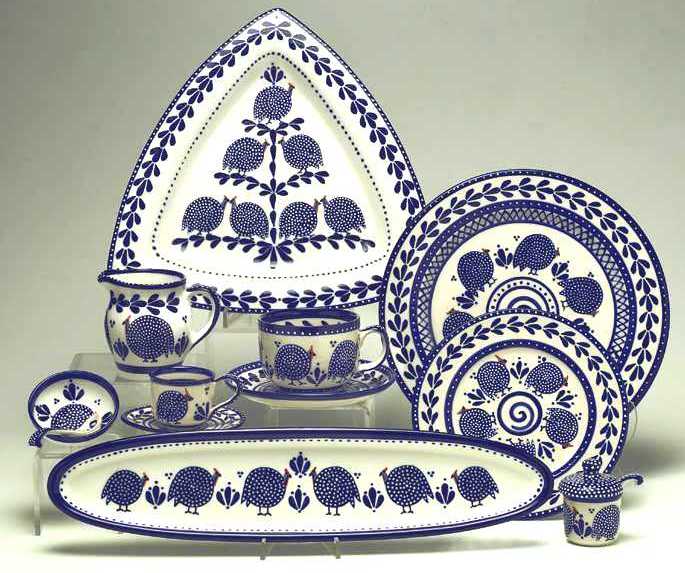The Plategate saga is in the news again thanks to the testimony given in court by the accused. Here’s some J’accuse pointers that could have very well been gathered over the various posts in which we chronicled the event and questioned its motives through the past 18 months. If you are interested (really?) in previous posts then just search “Plategate” in the J’accuse search box. You risk being pleasantly entertained.
WARNING TO RUNS ENTHUSIASTS – the material in this and related posts risks damaging your brain. Proceed only under adult supervision. Yes, we have a well-groomed high horse this morning.
So here are the questions we have been asking and which we would like you to ask yourselves.
1. The court case is a defamation case. Not so surprisingly, all the grand discoveries relating to improper behaviour by a public persona were not brought to the attention of the appropriate forum. Does the Maltese legal, political and administrative system have an appropriate forum? Where does one go to with an allegation or proof of improper behaviour by a public person?
(difficulty level : Breeze)
2. The accused in the defamation case used a blog – a public means of communication – to transmit information relating to a particular person’s behaviour implying that this behaviour was unbecoming and inappropriate. This action is commendable and wins full support of J’accuse insofar as it fulfils the fourth estate’s duty of monitoring and revealing the behaviour of the other estates in order to render their operation transparent and in order to give full effect to the fourth estate’s role as a check and balance. This is a strong power of the fourth estate and should be wielded with responsibility if it is to be effective.
Do you think that in this case the Runs acted responsibly in order to fulfil the duty of the fourth estate?
3. The Crucial “Why Now?” issue. There’s no prizes guessing why a defamation case ended up being the best route of defence for the alleged victim. Defamation focuses the attention on the derogatory, cheap and sleazy language that was opted for by the blog when exposing the improper behaviour. A factual allegation such as “drugs were available at parties” differs greatly from the statement “your backside is the size of a bus”. Worse still for the accused, the motivation for bringing out the information is brought further into question by the manner in which such information was presented as well as by the timing. Here is the statement by the accused giving testimony giving reasons for her timing:
Mrs Caruana Galizia said she started writing about Magistrate Scerri Herrera because the situation had become ‘completely out of hand’. She had not written anything before because she had had pending cases before the Magistrate.
From an objective point of view journalists would do well to follow up on Caruana Galizia’s steps and monitor the behaviour of public persons – bringing them to light as soon as they have sufficient evidence. And ASKING PERTINENT QUESTIONS…
The ethics of journalism require that the wielding of this power is exercised with due diligence. That diligence includes not sitting on information for as long as convenient – only to unleash it as a weapon of hatred or spite.
Beyond Plategate the measure that could be learnt from this case is that keeping information for its (un)timely use i.e. when it hurts most is just as ethically irresponsible and dangerous as having a magistrate publicly act below the standards expected of her office.
Doing so – using information as a blackmail or bargain in some twisted ill-conceived power struggle – could deal a lethal blow to the waning confidence that the public has on journalistic integrity in this country.


One reply on “Plategate revisited”
http://andrewazzopardi.wordpress.com/2011/09/06/daphne-and-consuelo/